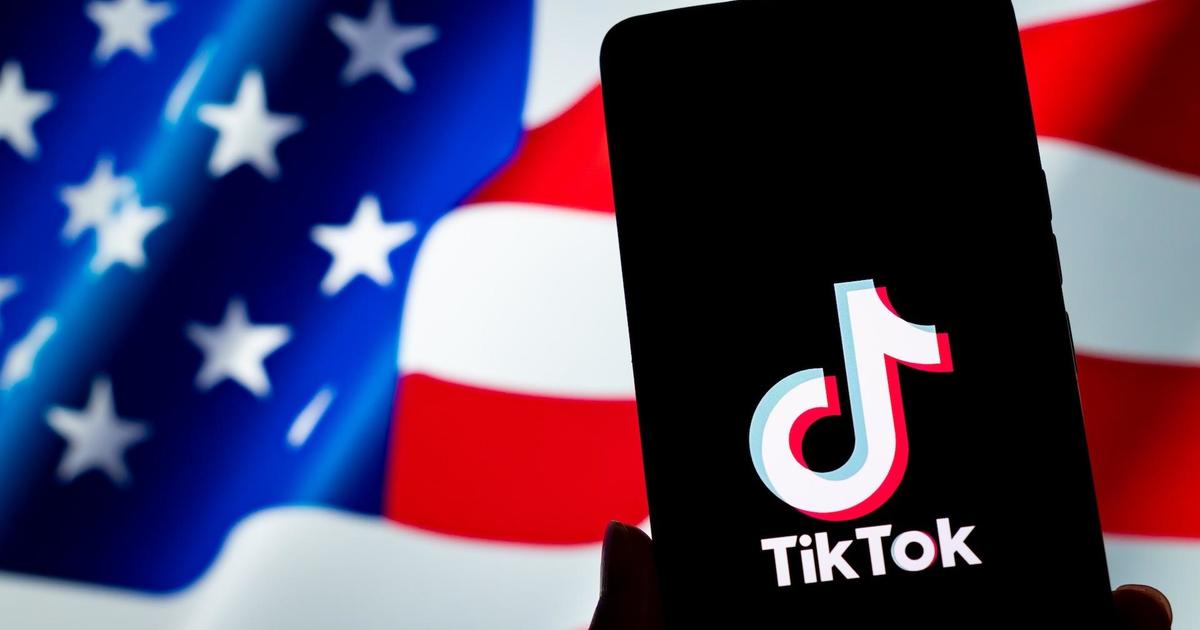Unpacking the Supreme Court’s TikTok Hearing
The recent Supreme Court hearing on TikTok has ignited intense discussions surrounding the platform’s role in American society. As the justices engage in deliberations, critical questions about digital privacy, free speech, and the broader implications for social media regulation loom large. This article aims to unpack the significance of this hearing and explore its potential consequences for the future of social media.
Understanding the Context of the Hearing
With over a billion users globally, TikTok has revolutionized social media by allowing users to create and share short videos. However, concerns about data privacy and national security have led the U.S. government to scrutinize the app, which is owned by the Chinese company ByteDance. The Supreme Court’s involvement signifies a pivotal moment in addressing these concerns, especially as they relate to First Amendment rights and the regulation of social media platforms.
The Legal Framework Surrounding TikTok
The legal arguments presented during the hearing touch on several fundamental issues:
- National Security: Proponents of banning TikTok argue that it poses a risk to national security due to its Chinese ownership. They claim that user data could be accessed by the Chinese government, potentially threatening American interests.
- Free Speech: Opponents of a ban assert that TikTok serves as a vital platform for free expression, particularly among younger demographics. Limiting access could infringe on users’ rights to communicate and express themselves.
- Digital Privacy: Privacy advocates emphasize the importance of protecting user data across all social media platforms, not just TikTok. The conversation surrounding data protection is becoming increasingly relevant in a digital age where personal information is often exploited.
The Justices’ Perspectives
During the hearing, the justices displayed varying degrees of skepticism and concern:
- Justice Kagan: Highlighted the importance of balancing security concerns with individual rights, emphasizing that any regulatory action should not unduly infringe on free speech.
- Justice Alito: Raised questions about the efficacy of a ban, probing whether such a measure would genuinely protect national security or merely serve as a political statement.
- Justice Sotomayor: Expressed concern about the broader implications of restricting access to a platform that has become integral to social discourse, especially for marginalized voices.
Implications for Social Media Regulation
The outcome of the Supreme Court’s TikTok hearing could set a significant precedent for how social media platforms are regulated in the United States. Several potential implications include:
- Precedent for Future Cases: The ruling could establish guidelines for how courts evaluate cases involving social media platforms and their role in public discourse.
- Increased Scrutiny: If the court leans toward regulating TikTok, other platforms may face heightened scrutiny regarding their data practices and content moderation policies.
- Legislative Action: A ruling in favor of stricter regulations may spur Congress to pass new laws addressing data privacy, security, and free speech in the digital age.
The Role of Public Opinion
Public opinion plays a crucial role in shaping the discourse surrounding TikTok and social media regulation. As the Supreme Court deliberates, it is essential to consider how societal attitudes toward privacy and free speech influence the justices’ perspectives and the overall legal landscape:
- Awareness of Data Privacy: As more people become aware of how their data is collected and used, there may be increasing pressure on lawmakers to enact stringent data protection laws.
- Youth Engagement: TikTok is particularly popular among younger users who are vocal about their rights to expression. Their engagement in the political process could significantly impact the court’s decision.
- Political Polarization: The hearing also underscores the growing divide in how different political factions view social media’s role in society, with some advocating for regulation and others championing unrestricted access.
The Global Context of Social Media Regulation
In an increasingly interconnected world, the outcome of the Supreme Court’s TikTok hearing must be viewed in a global context. Other countries are grappling with similar issues regarding data privacy and the influence of foreign-owned platforms:
- Europe’s GDPR: The European Union has implemented strict data protection regulations, known as the General Data Protection Regulation (GDPR), which may serve as a model for potential U.S. legislation.
- China’s Regulation: China has its own stringent regulations governing social media, which can impact how companies like TikTok operate globally.
- International Norms: The hearing could influence international norms regarding digital privacy, data sovereignty, and the balance between security and freedom of expression.
Conclusion: A Pivotal Moment for Social Media’s Future
The Supreme Court’s TikTok hearing represents a pivotal moment in the ongoing debate about social media’s role in society. The justices’ decision could have far-reaching implications for digital privacy, free speech, and the regulatory landscape surrounding social media platforms. As we await the court’s ruling, it is crucial for users, lawmakers, and advocates to engage in meaningful discussions about the future of social media and the values we prioritize in a digital age.
Ultimately, the outcome of this hearing could shape not only TikTok’s future but also the broader framework for social media regulation, setting precedents that might influence how platforms operate, how user data is handled, and how free speech is protected in a rapidly evolving digital landscape.
See more Future Tech Daily

